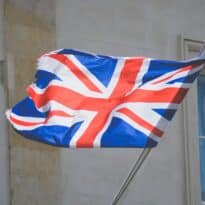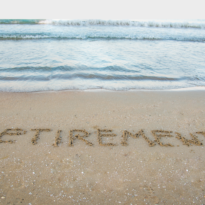Lizzy Galbraith, political economist, abrdn, shares her thoughts following the World Economic Forum in Davos.
The Davos meetings are increasingly not the place where leading conversations and policy decisions driving the macro and market environment take place. However, a few developments from last week’s meeting are worth noting.
How to respond to the invasion of Ukraine dominated discussions this week. Germany is resisting pressure from Poland and the US to send tanks to Ukraine but has announced a review of its position, and we think more Western countries will join the UK in sending main battle tanks to Ukraine in time. At the margin, this increases the chances of a Ukrainian breakthrough and a Russian escalation, but our scenario analysis continues to point to a drawn out conflict amid stalemate on the ground as most likely.
The rise of protectionism was also central to discussions, as European leaders continue to digest the potential impact of the Inflation Reduction Act (IRA). Ursula von der Leyen announced the Net-Zero Industry Act and confirmed the Commission will propose state aid reforms in February. US and EU trade policy will continue to move in a more mercantilist direction, shifting commercial advantages to firms that can benefit from increased localisation.
Addressing climate change was of course on the agenda, but largely repeated policy discussions already held at COP27. Although UN Secretary General Guterres gave a speech strongly criticising the behaviour of fossil fuel companies, there was little in the way of new action to back up the rhetoric – in line with our takeaways from COP27 itself.
Meanwhile, ECB President Christine Lagarde pushed back against speculation that falling energy prices will allow rate-setters to slow the pace of monetary tightening, inviting market participants to “revise their position”. This is in line with our expectation that the ECB is now likely to hike rates by 50bps at both its February and March meetings, to a peak of 3%.
Finally, the notable absence of UK Prime Minister Rishi Sunak was further emphasised by the presence of Labour leader Sir Keir Starmer, as the Labour Party continues its charm offensive on businesses and seeks to present itself as a government in waiting ahead of the next general election. Impact of any future Labour government will be a watching brief.






























